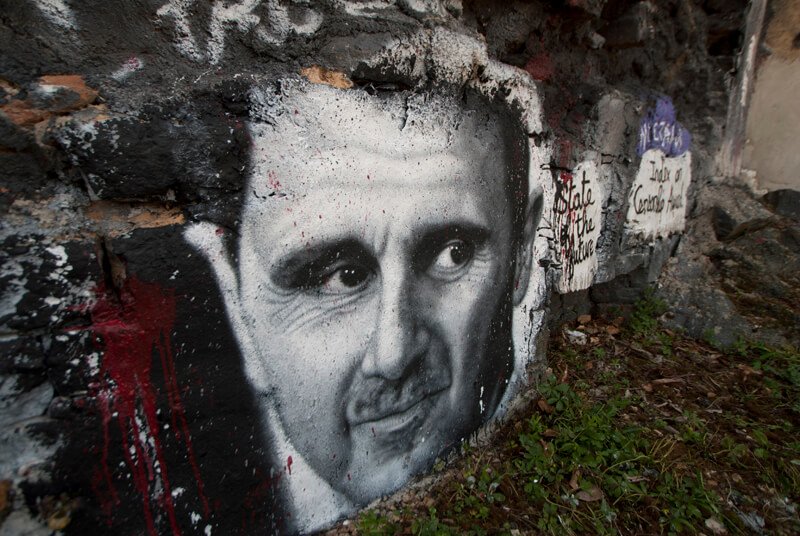The Middle East is rich in history and the remnants of past empires. Greeks, Romans, Persians, Arabs and Turks all sought to control the wealth of their neighbors and spread ideologies of various sorts. Over time, these empires faded, overshadowed first by European colonialism and later by the rise of nationalism among local populations.
The collapse of the Assad regime in Syria is, first and foremost, a significant moment for the Syrian people, who have endured immense suffering since Bashar al-Assad’s administration first responded to peaceful protests with violence in 2011. Beyond Syria, Assad’s fall also signals a setback for the Islamic Republic of Iran’s efforts to establish an “Axis of Resistance” against Israel, the United States, and Sunni Arab monarchies in the Middle East.
Iranians once claimed influence over four Middle Eastern capitals, but with the loss of Damascus and significant setbacks in Lebanon, only Baghdad and Sanaa now remain closely aligned with Iran. This shift could prompt Iraqi and Yemeni Houthi leaders to be more attentive to urgent domestic challenges rather than regional conflicts against the West.
The most important pivot that needs to take place is in the leader of the “Axis”, which, for decades, has expended domestic resources on boosting what many Iranians have long derided as “Arab causes.” Iran may face increased internal pressure to reassess its foreign policy priorities, particularly in light of the October 7, 2023, Hamas attack on Israel, which triggered a devastating response against Iran’s foreign partners and the first directly acknowledged Israeli strikes on Iran since the Islamic revolution of 1979.
In one scenario, there may be temptations among opponents of the Iranian regime – particularly in Jerusalem, Washington, and the Iranian diaspora – to see Assad’s fall as a precursor and catalyst for a new externally based push to dethrone the ayatollahs in Tehran. However, Iran, unlike Syria, has a well-developed civil society and institutions that could be repurposed as vehicles for greater popular representation. Iran’s political factions – and prisons – are full of potential new leaders who could put “Iran First” – to borrow incoming President Donald Trump’s campaign slogan – and may seek to repair Iran’s relations with Western countries as part of a program of Iranian recovery and rebirth.
However, the situation remains fragile, and the aftermath of Assad’s fall poses risks. While early indications are that the Islamicist rebels who deposed Assad are reaching out to religious minorities and others who do not share their jihadist views, it may be hard for them to resist the temptation for violent retribution. Iran could redouble its efforts to advance its nuclear program and build weapons as a deterrent against attack.
Other external players – especially Turkey and Israel – will see new opportunities in Syria to shape the outcome in their favor and may act in ways that are counterproductive to Syrian stability and recovery. They could also try to exploit the changing of the guard in Washington to establish new facts on the ground.
President Trump has indicated reluctance to engage militarily in the Middle East, seemingly more interested in ending the war in Ukraine. Given the history of U.S. military intervention in Iraq, Trump perhaps has the right instincts.
However, it is important to resist a sense of triumphalism over Assad’s fall and Iran’s setbacks. Core issues in the region, including the dire situation in Gaza and Palestinian aspirations, remain unresolved. While these developments may shift regional dynamics, longstanding grievances and challenges persist.
For now, the removal of another authoritarian regime offers an opportunity for reflection. It serves as a reminder to leaders around the globe of the consequences of ignoring the needs and aspirations of their own people. In the end, Assad’s close allies did not step in to save him, and his repeated missed opportunities to lead Syria toward a better future contributed to his downfall.
Barbara Slavin is a Distinguished Fellow at the Stimson Center and the editor of Middle East Perspectives. She tweets @BarbaraSlavin1.
